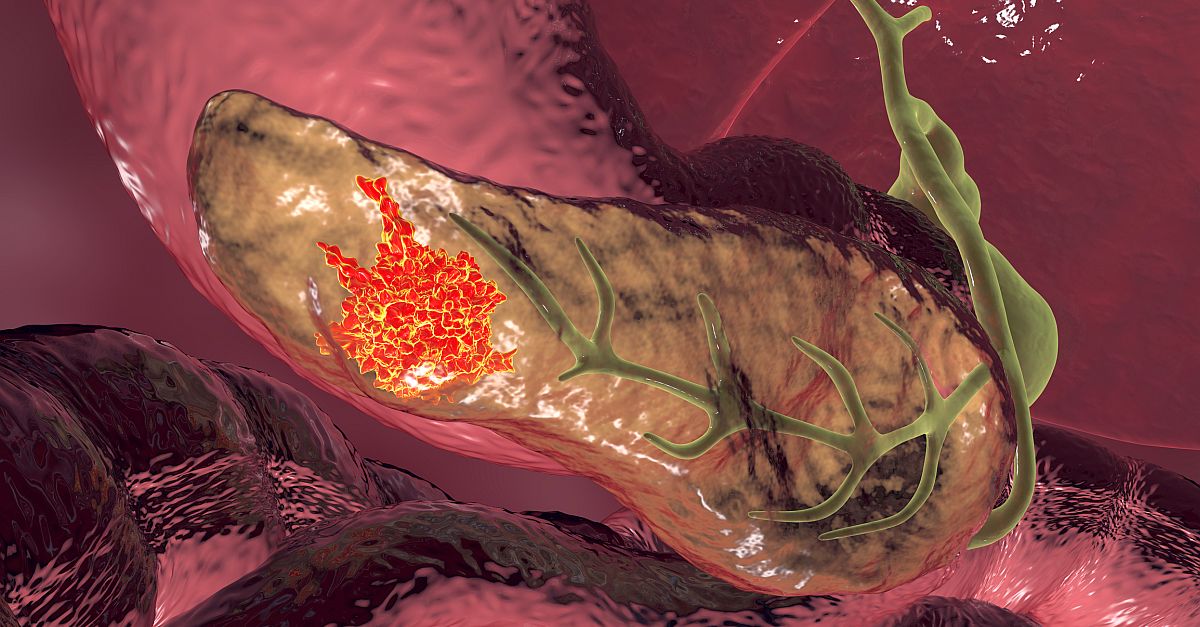Pancreatic cancer is one of the most difficult malignancies to manage. Multiple factors contribute to poor survival in these patients, including delayed diagnosis, rapid progression to metastatic disease, pain, and blood clots, all of which can complicate care. Outcomes have improved in recent decades, yet the current 5-year survival rate is still only 9%. The recent improvement in outcomes has been attributed to the discovery of effective multiagent chemotherapy combinations and the ability to utilize targeted therapies based on genetics and biomarker testing. Unfortunately, combination treatment options lead to a new set of challenges, including the potential for debilitating adverse effects and reduced quality of life. In the search for an alternative approach with fewer toxicities, Dr Kim Reiss Binder at Penn Medicine in Philadelphia, PA, and her colleagues are studying maintenance therapy for long-term survivors of pancreatic cancer, including the use of olaparib, a poly(adenosine diphosphate-ribose) polymerase inhibitor.
Additionally, research is ongoing to understand what characteristics differ among the long-term survivors of pancreatic cancer compared with those with less favorable outcomes. As described in a recent JAMA publication, immune response activation may be the key. Dr Florencia McAllister from the University of Texas MD Anderson Cancer Center in Houston, TX, and Dr Vinod Balachandran of Memorial Sloan Kettering Cancer Center in New York City are each testing innovative ways to boost the immune response in patients with pancreatic cancer.
According to Dr Balachandran, one of the strongest factors that correlated with long-term survival was the density of CD8 cells in tumors. He and his team discovered that having higher levels of both T cells and neoantigens correlated with longer survival. They also found that the tumors of pancreatic cancer survivors are enriched with innate lymphoid cells 2 (ILC2s) that don’t require antigens to trigger the immune response. ILC2s could be boosted with interleukin 33 (IL-33), or with programmed cell death protein 1 (PD-1), which increased T-cell levels and enhanced antitumor immunity. Dr Balachandran is now conducting a clinical trial to evaluate a personalized neoantigen vaccine and is working to develop a recombinant IL-33 drug that could be given alone or in combination with a PD-1 inhibitor.
Dr McAllister has found an alternate source of immune activation—the microbiome. She and her colleagues determined that the tumor microbiome is more diverse in long-term pancreatic survivors than in those with shorter survival. Their research showed that crosstalk occurs between the gut and tumor microbiomes, and suggests that microbes in patients with active disease may have tumor-promoting effects, while those from long-term survivors may have antitumor effects. Therefore, it is possible that with a stool transplant, the immune activation status of the donor may be mimicked, reversing the recipient’s immune-suppressive status. Dr McAllister is conducting a small clinical study to determine whether this approach will be effective in patients with pancreatic cancer who are scheduled for surgery.
This preliminary research paves the way for understanding how the immune system interacts with pancreatic cancer cells and could inform the next generation of therapies for these patients.
High level
Ongoing research is increasing our understanding of the role of immune activation in the treatment of pancreatic cancer. Similar to many other solid tumors, current guidelines recommend germline and tumor genomic testing to help guide treatment decisions. While the future is still unknown, it seems likely that an individualized approach that involves activating a patient’s own immune system will one day become an integral part of managing this disease.
Ground level
The Pancreatic Cancer Action Network, the National Comprehensive Cancer Network (NCCN), and the American Society of Clinical Oncology all recommend germline and tumor genomic testing for patients with pancreatic cancer to help guide first-line treatment decisions. NCCN guidelines also suggest that in patients whose disease stops progressing with first-line platinum therapy, maintenance therapy with olaparib should be considered, on the basis of data showing improved progression-free survival in these patients. Continued research is needed to help determine the role of immune activation in the treatment of this disease in the future.

